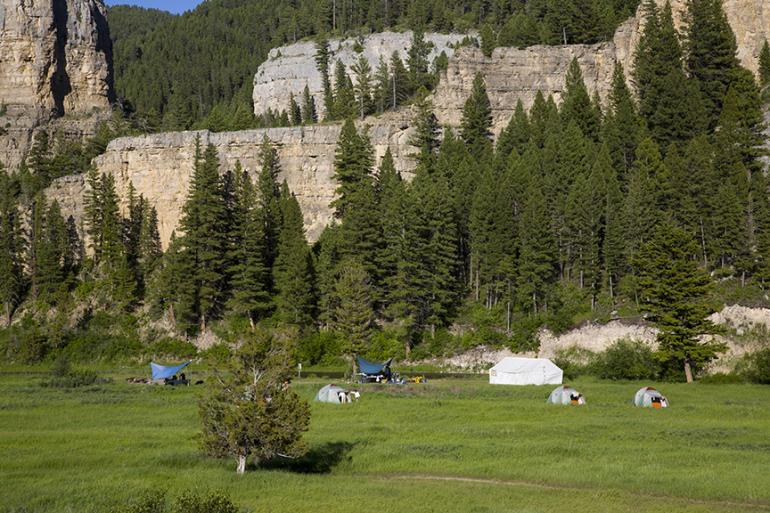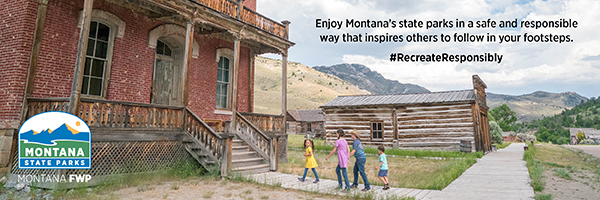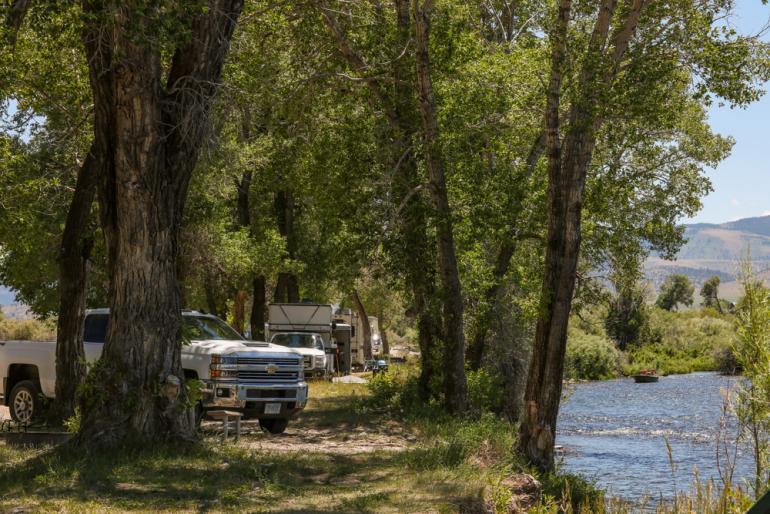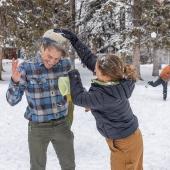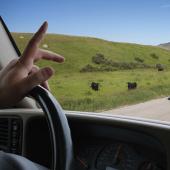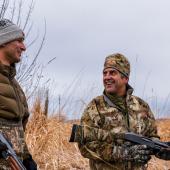Back to School
An outdoor-etiquette reminder.
If you've read either part one or two of this series, you have a numerical idea of how popular Montana’s outdoors got last year. Now, it doesn’t take a statistician to see that boat ramps were overwhelmed, fishing access sites were crowded, and state parks were booming. But what one might tell you is that if these trends continue, we’ll need a new model for accommodating people in heavy-use areas. Until then, however, the level of personal accountability for ensuring our wild places remain wild has never been higher. For part three of this four-part series, we're reviewing some basic guidelines we follow in the West. Some of us seem to have forgotten them, or perhaps never learned them in the first place.
Leave No Trace
Or, as the adage goes, leave only footprints, take only pictures. Sure, there are exceptions, and I’m sure some of you are dying to point them out, but this is a great rule of thumb to live by. It’s simple, easy to remember, and will never lead you astray (in terms of stewardship). Doesn’t it feel a lot better to pull up to a campsite that looks pristine and untouched? If you find one of these sites, the reality is that it’s not untouched. What’s more likely is that the visitors who came before did their part in cleaning up before they left. And aren’t you glad they did? Pay it forward.
Know the Regs
Different privileges are granted by different land agencies. For example, open fires are allowed on most parcels of BLM, including dispersed campsites, but are restricted to designated campgrounds on state ground. Know the land you will be camping on and understand its regulations. When gathering firewood (if permitted), take the dead-and-down stuff first. Avoid cutting live trees. Doing so is selfish, and they won’t burn as well anyways.
Travel Responsibly
If you’re driving up a bumpy, wet two-track and you come around the corner to find it rutted out, by no means should you try to rodeo your way through it. Sloshing around in the mud will only make road conditions worse, even after everything dries out. Likewise, do not pioneer new roads or trails; our landscape is littered with enough of them already. On a similar note, pay attention to seasonal closures. Many roads and trails are open to specific uses during specific times of the year. Don’t be the guy who drives an ATV up a closed road when elk are calving. Restrictions are there for a reason. Respect them.
Respect Fellow Campers
The woods are a place of refuge—a temple in which to seek solitude, as well as enjoy with others. Neither means is of higher virtue than the other. What’s important is that we recognize that everyone has different tastes, and most are deserving of some accommodation. Doing so requires some discretion. If you backpack into an alpine lake and there are a few other groups camping nearby, it’s probably not the right time and place to blast your portable speaker and burn it down till the wee hours. Similarly, if you make a reservation for a group campground full of RVs, don’t expect to fall asleep to the quiet hum of cicadas. Speaking of RVs—if you park yours near a bunch of tents, don't run the generator without asking your fellow campers beforehand. Be considerate and follow the Golden Rule.
There you have it, a brief, albeit imperative, reminder of some basic outdoor etiquette—rules so simple a kindergartener could teach them. Feel free to pass them along out there, in a friendly way of course. Remember, we’re all in this together. Common courtesy for the land, wildlife, and each other should be second nature.



